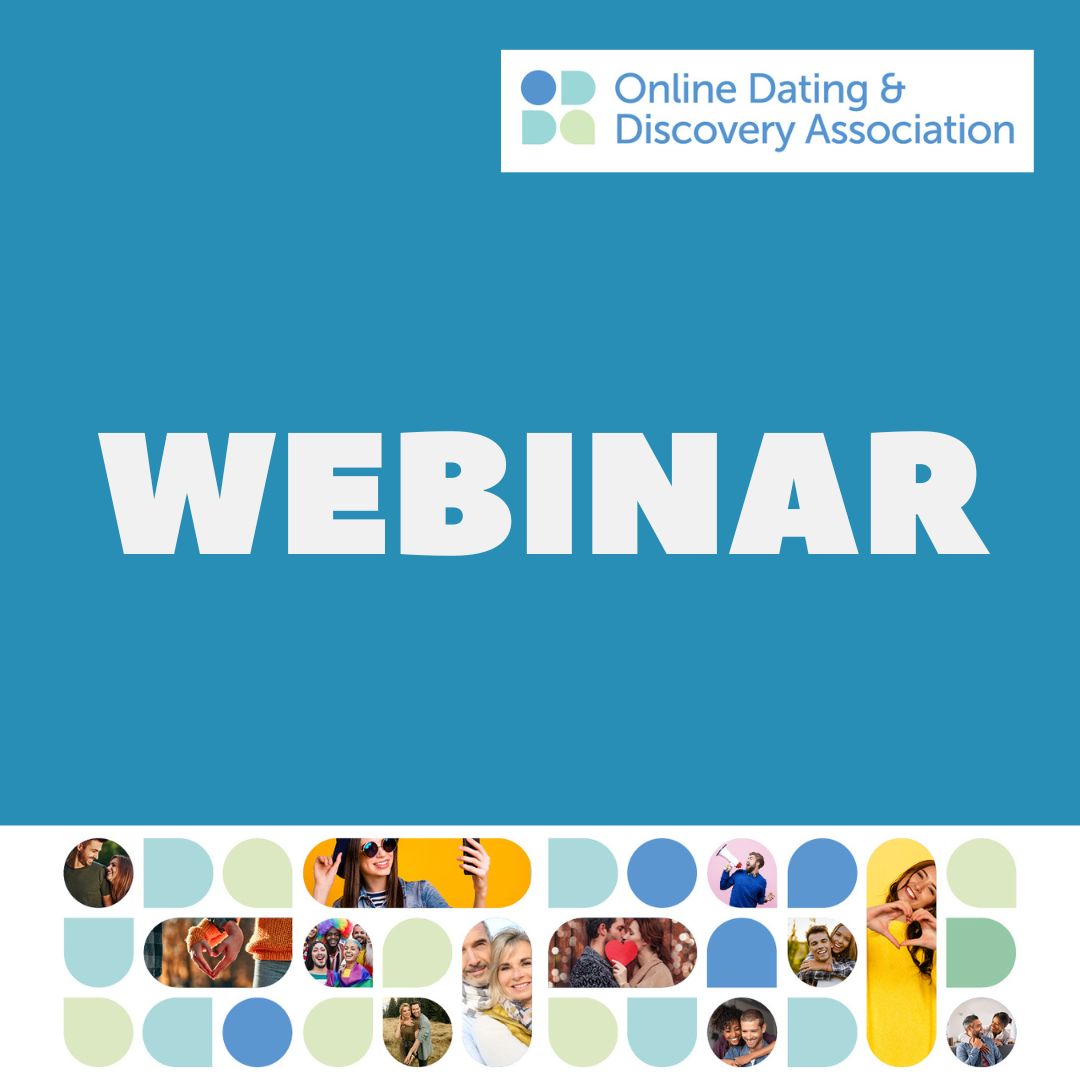How criminals can steal your heart, and then your savings
In the first half of 2021 alone, over £15 million was lost to romance scams. Ahead of Valentine’s Day, Take Five to Stop Fraud and the Online Dating Association share how to spot the warning signs and keep your savings – as well your heart – safe.
True love or fake profile?
Criminals use information found on social media to create fake identities to target people with scams. They go to great lengths to build fake profiles, often stealing photos. Once fraudsters connect with you on dating sites, social media or gaming platforms, they’ll try to establish a relationship quickly. Many use the promise of buying a house together or getting married to trick you into falling in love with them.
Want to know how to spot a fake profile? Do your research first. You can check if the person you’re talking to is really who they say they are by reverse image searching their profile picture (possible on the search bar of some image search engines).
‘Money’ at first sight?
After gaining your trust and convincing you that you’re in a genuine relationship, criminals then try and persuade you to send them money. Online daters should be aware of the actions fraudsters will use to manipulate them into parting with their money as unfortunately this is becoming more common. 38% of people who dated someone they met online said they were asked for money -. The average amount of money people were asked for was £345, although some were asked for more than £1,000.
Of those that were asked to give or lend money by someone they met online, over half (57 per cent) did so – putting them at risk of falling for a romance scam.
The three most common reasons people were asked for money were:
- Claiming they need money for an emergency (37%)
- To cover transport costs to visit you if they’re overseas (36%)
- To help them make an investment (29%)
How to protect your money
If you’re ever asked for cash from someone you’ve never met in person then alarm bells should start ringing – it could be a scam. Ahead of Valentine’s Day, the Take Five to Stop Fraud campaign and the Online Dating Association is advising people how to stay safe from romance scams when dating online:
- Be suspicious of any requests for money from someone you have never met in person, particularly if you have only recently met online.
- Speak to your family or friends to get advice and share experiences. Friends and family can watch for any change in behaviour.
- Profile photos may not be genuine, so you should make sure to do your research first. You can do this by uploading a picture of the person you’re talking to into your search engine to check that profile photos are not associated with another name. Performing a reverse image search can find photos that have been taken from somewhere, or someone, else.
- Stay on the dating sites messaging service until you’re confident the person is who they say they are and ensure meetings in person take place in a public place. Online dating platforms have moderation and reporting processes in place to protect daters and remove scammers.
- Contact your bank straight away if you think you may have fallen for a romance scam, notify Action Fraud and let the platform on which you met the scammer know about the incident.
9 tell-tale signs your date could be dodgy
This Valentine’s Day, criminals are heartlessly targeting people online to trick them into handing over their money as a sign of love.
Stop, and take the time to think about the person behind the profile, get to know your date, and don’t send money to someone you’ve only met online. Here’s some warning signs to watch out for that your date could be a scammer:
- You’ve met someone online and they declare strong feelings for you after a few conversations
- They suggest moving the conversation away from the dating website or social media to a more private channel such as email, phone or instant messaging
- Their profile on the internet dating website or their social media page isn’t consistent with what they tell you
- There are spelling and grammar mistakes, inconsistencies in their stories and they make claims such as their camera isn’t working
- They refuse to video call/meet you in person
- They get angry or try and rush you if you insist on staying on the dating site or ask to meet face to face.
- Photos generally tend to be stolen from other people: check by doing a reverse image search and uploading a picture of the person you’re talking to into your search engine
- You’re asked to send money to someone you have not met face-to-face, either through bank/money transfer or through the purchase of gift cards or presents such as phones and laptops. You may even be asked to provide them with access to your bank account or card
- Upon questioning your friend or family member, they may become very secretive about their relationship or provide excuses for why their online partner has not video called or met them in person. They might become hostile or angry, and withdraw from conversation when you ask any questions about their partner
For more advice on how to stay safe from scams, visit the Take Five to Stop Fraud website and the Online Dating Association set of resources.










































